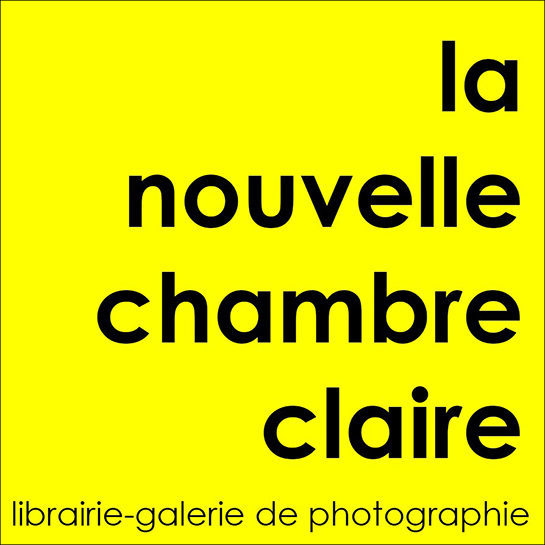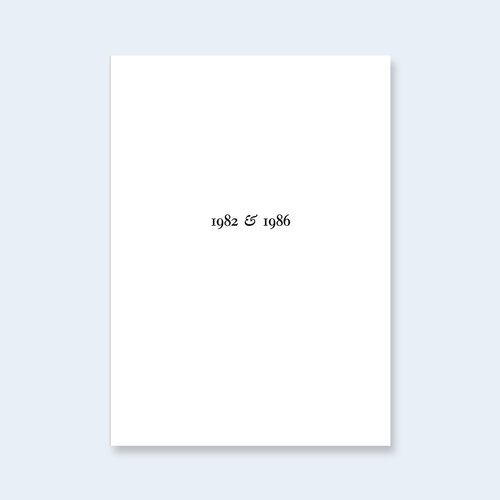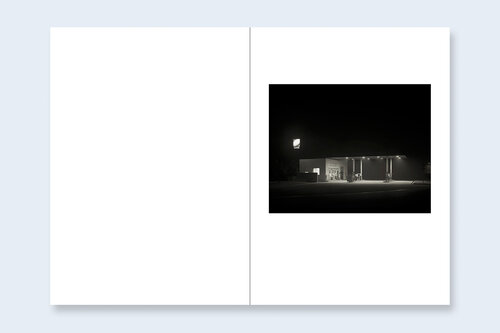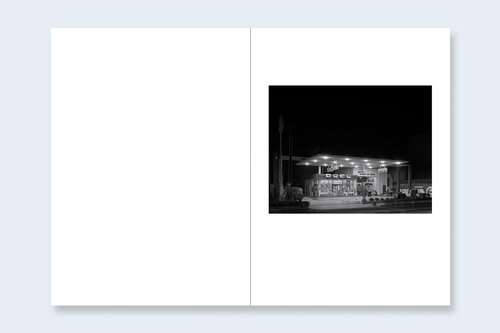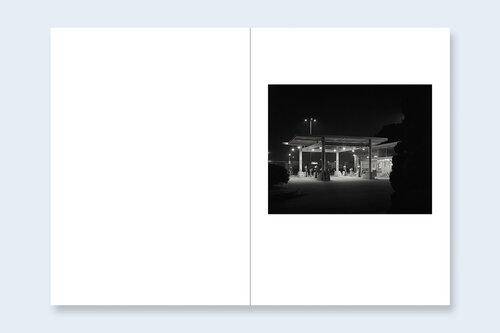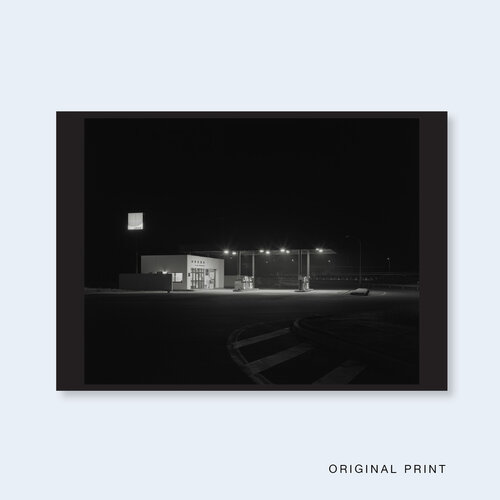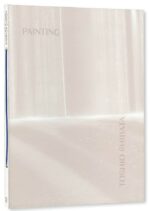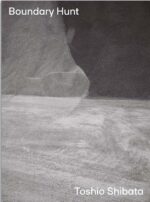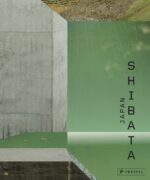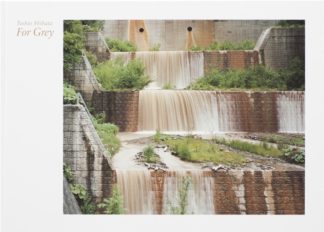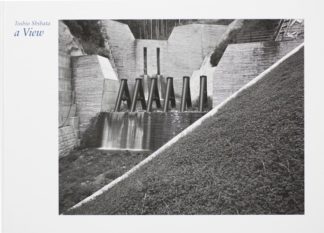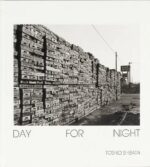Édition Limitée, numérotée sur 500 exemplaires.
Avec un tirage (12×5 x 17,5) Signé.
Le livre présente 7 reproductions photographiques et un tirage en n.b. signé à part dans une pochette.
Au début des années 1980, de retour au Japon après quelques années de voyage et de vie en Europe, Toshio Shibata a commencé à photographier des scènes nocturnes du Japon. Shibata a dit de l’expérience de la route la nuit : « En conduisant sur une autoroute la nuit en Europe, j’ai souvent éprouvé une sensation momentanée imperceptible de transcender le lieu, mais sans savoir où j’étais. Il me semblait que j’aurais pu être au Japon, ou même aux États-Unis. Je sentais que la scène était non spécifique, mais plutôt une sorte de scène commune générique ou archétypale, une image universelle et une partie d’une vision globale du monde. »
Les stations-service – surtout en pleine nuit – sont plus ou moins les mêmes partout où elles se trouvent. Pourtant leur look générique peut aussi provoquer des sentiments de mélancolie, voire de romance.
Bien connu pour ses photographies à grande échelle de génie civil à grande échelle dans les endroits ruraux, à la fois au Japon et en Occident, Toshio Shibata ici présente la vue avec un livre de sept images bijou-comme des stations-service japonais la nuit, magnifiquement reproduit et accompagné d’une photographie argentique, imprimée à la main par l’artiste lui-même.
« Toshio Shibata occupe une place distincte dans la photographie de paysage : ses photos n’idéalisent pas la nature vierge et ne moralisent pas non plus l’empreinte nuisible que les humains laissent sur le monde naturel. Shibata étudie les lieux de contact — où nous avons modifié la terre — et trouve réflexion, émerveillement, émerveillement.
La beauté, dans son travail, est inclusive, et la pureté est une question d’élégance de composition plutôt qu’un sujet raréfié. » — Leah Ollman, Los Angeles Times
Gas Stations: 1982 & 1986 is limited to 500 numbered copies, each including a 5×7 inch original print that has been signed by the artist.
In the early 1980s, returning to Japan from a few years of traveling and living in Europe, Toshio Shibata began photographing night scenes of roadside Japan. Shibata has said of the experience of the road at night: “While driving on a highway at night in Europe I often experienced an imperceptible momentary sensation of transcending place, yet not knowing where I was. It seemed as if I could have been in Japan, or even in the United States. I felt that the scene was non-specific, but rather a kind of generic or archetypal common scene, universal image and part of a global world-view.”
Gas stations – especially in the dead of night – look more or less the same everywhere they are to be found. Yet their generic look can also provoke feelings of melancholy, even romance.
Well known for his large-scale photographs of large-scale civil engineering in rural places, both in Japan and in the West, Toshio Shibata here presents the view with a book of seven jewel-like images of Japanese gas stations at night, beautifully reproduced and accompanied by a silver gelatin photograph, hand printed by the artist himself.
“Toshio Shibata occupies a distinct place in landscape photography: His pictures don’t idealize pristine wilderness nor do they moralize about the damaging imprint humans leave upon the natural world. Shibata studies places of contact — where we have altered the earth — and finds reflection, wonder, awe.
Beauty, in his work, is inclusive, and purity is a matter of compositional elegance rather than rarefied subject matter.” — Leah Ollman, Los Angeles Times
